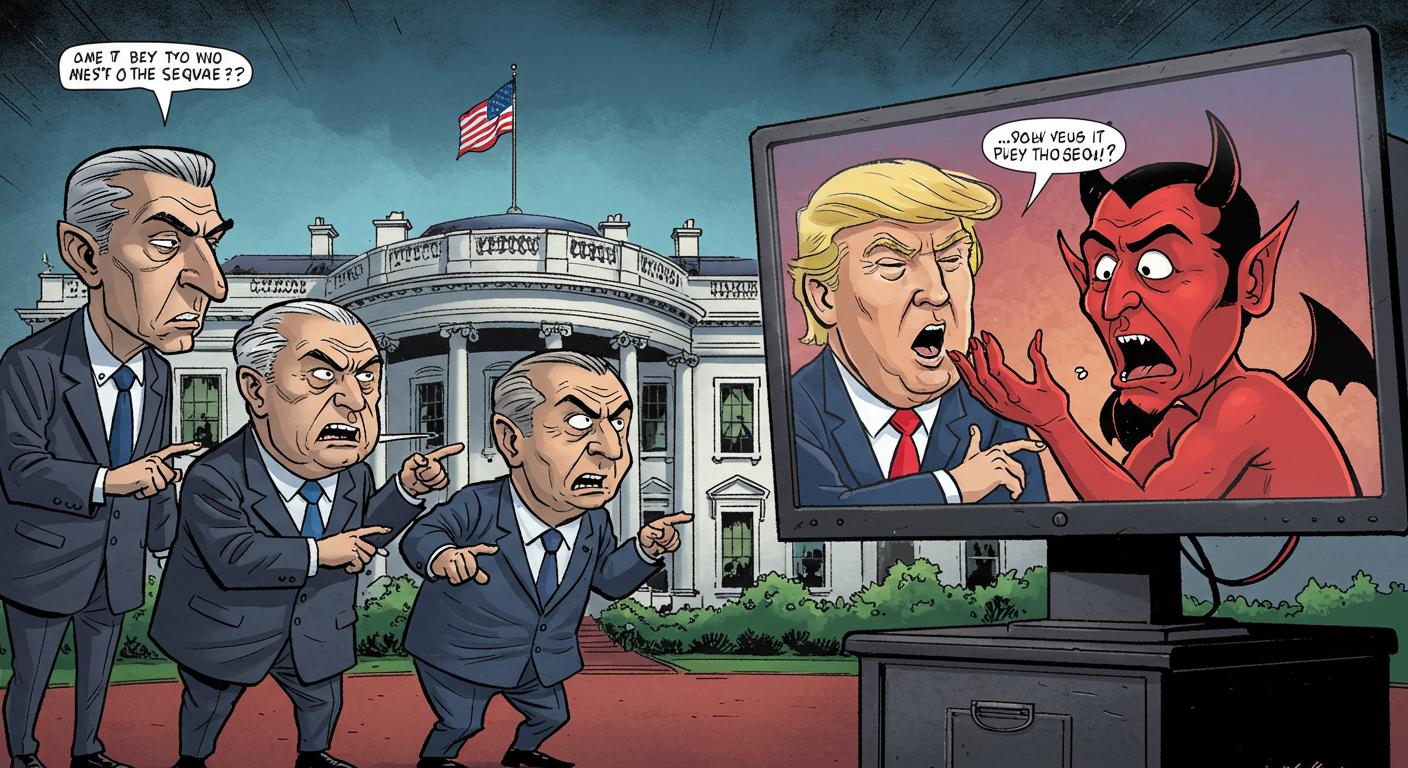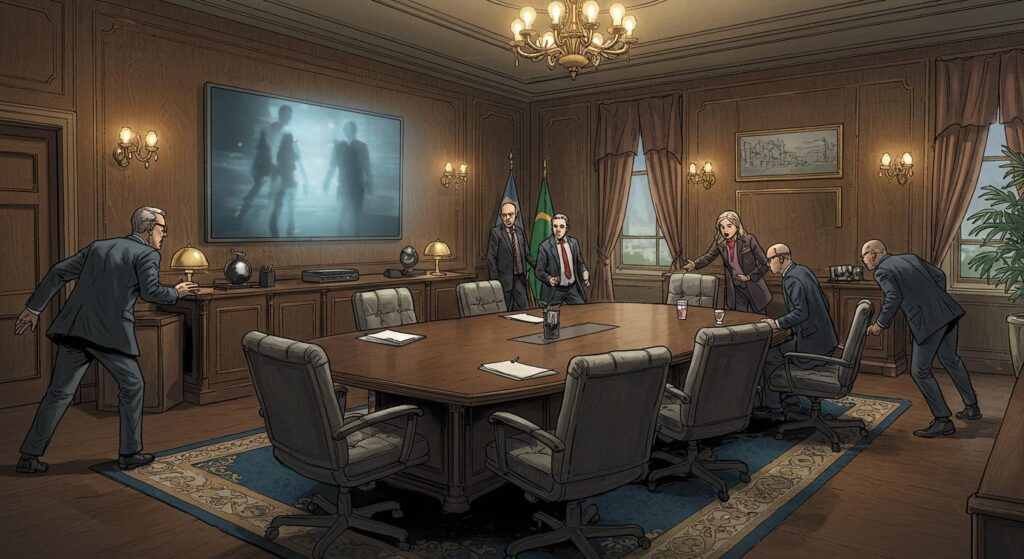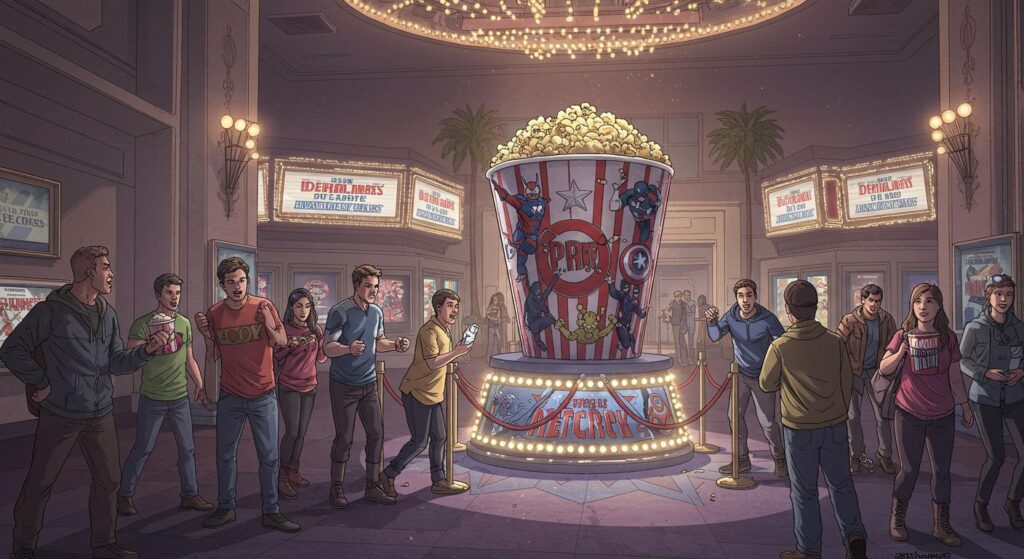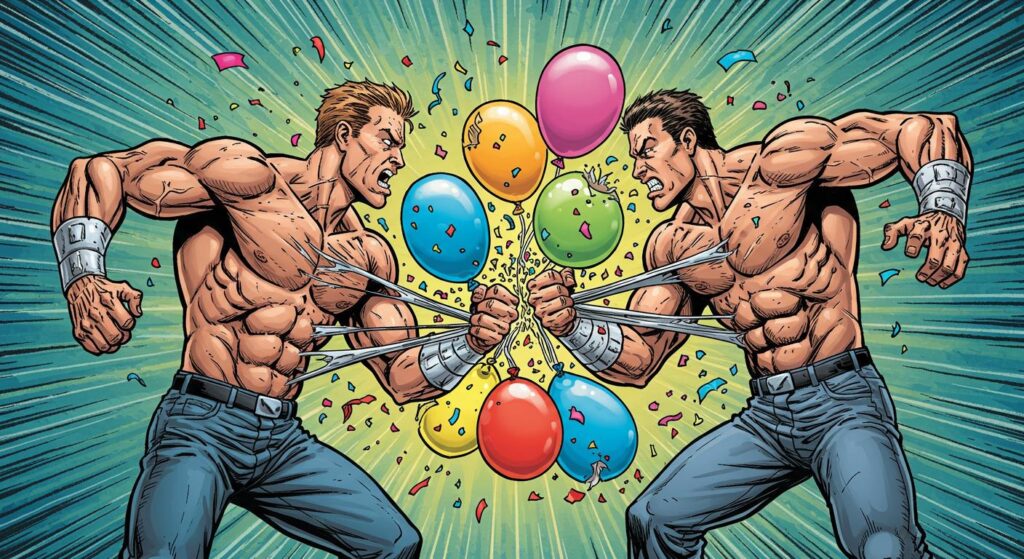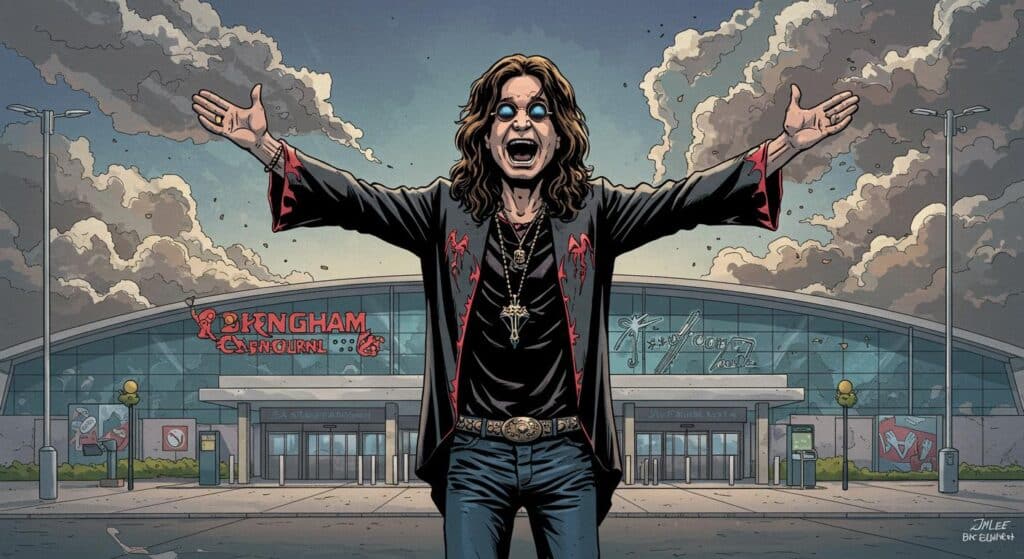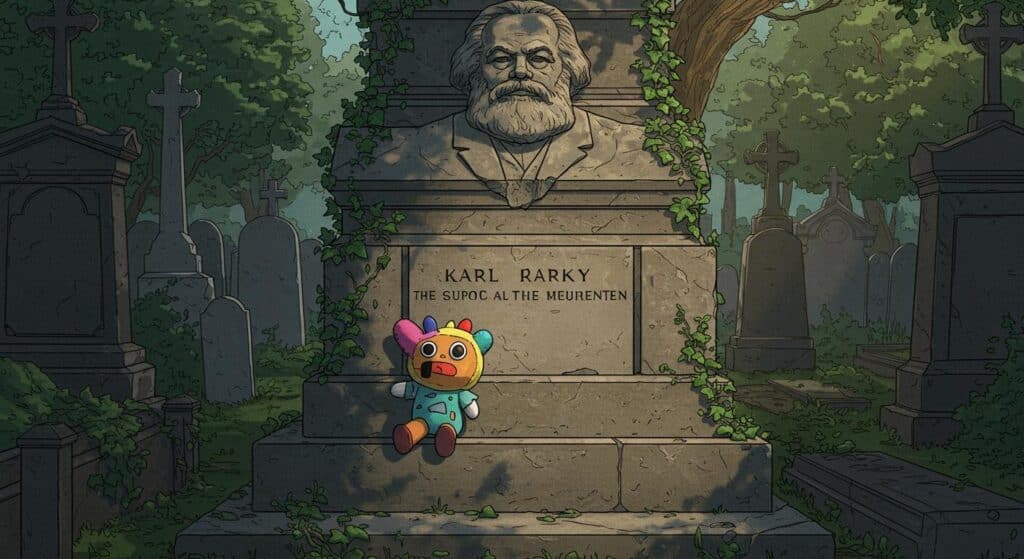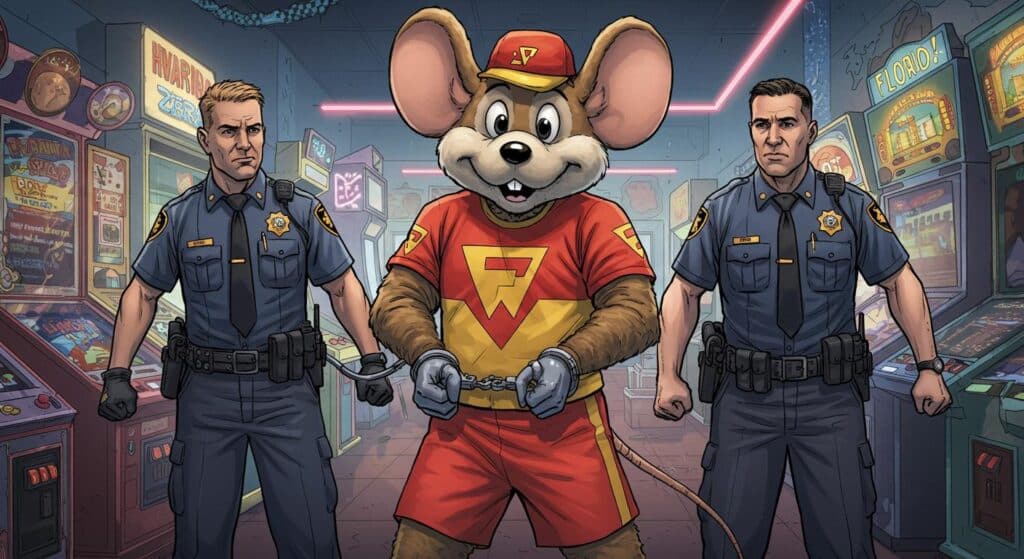Few things unite the American political spectrum like an episode of South Park landing with both feet on a current controversy. This week, the show’s 27th season premiere did what South Park does best—poking through the collective neuroses of its time, this round via a scene featuring a nude Donald Trump, anatomically under-endowed, attempting to seduce Satan. Entertainment Weekly reports that the White House emerged from the shadows wielding some impressively charged rhetoric in response.
Satire Rises, Statements Bristle
For those just tuning in, after a months-delayed launch and a channel shift from Comedy Central to Paramount+, South Park returned with a tableau that’s typically audacious, even by its own standards. The episode features an animated Donald Trump berating a White House artist for painting him with a less-than-magnificent member. The indignity doesn’t end on the easel—in short order, cartoon Trump is undressed and in bed with an unimpressed Satan, who doesn’t neglect to comment on the situation.
If gently bruised egos are a recurring subtext of American politics, South Park’s scenario renders the metaphor quite literal.
In a statement shared by Entertainment Weekly, White House spokesperson Taylor Rogers lashed out at the show, branding the episode a “desperate attempt for attention.” Rogers continued, “This show hasn’t been relevant for over 20 years,” before shifting to laud President Trump for “delivering on more promises in just six months than any other president in our country’s history.” In the same message, Rogers accused both the show’s creators and the political left of lacking originality, noting that “the left’s hypocrisy truly has no end… just like the creators of South Park, the left has no authentic or original content to premiere.” These remarks were paired with a swift dismissal of the show’s topicality, couched in the sort of language usually reserved for televisions stuck on static.
One has to wonder if tucked somewhere in the West Wing’s archives sits a dusty copy of “Don’t Feed the Trolls.”
Is South Park Still Relevant? Or Is That Not the Point?
Rogers’ suggestion that the show is “hanging on by a thread with uninspired ideas” isn’t new; public figures have often brandished claims of irrelevance at satirists, typically right before responding to them in detail. EW’s report underscores that despite the show supposedly falling out of favor, South Park consistently manages to draw public rebuttals—the kind that tend to draw even larger audiences in the aftermath. If South Park is so out of touch, why does each episode create a news mini-cascade? The Streisand Effect seems alive and well, whether anyone likes the tune or not.
The same Entertainment Weekly article highlights that this latest White House rejoinder arrived just 24 hours after officials addressed comments made by The View’s Joy Behar about presidential vanity. Earlier in its recap, Entertainment Weekly details the now-infamous scene: After Trump yells, “Why is my dick so small?” at the artist—who retorts, “That’s the size it is in the photo”—the president orders the artist’s removal, then retires to his bedroom seeking Satan’s affections, only to have his anatomy become a further punchline. For cartoonists and comedians, few things are more perennial than the powerful recoiling from their own unflattering mirror images.
The Satirical Ecosystem and Political Expediency
Entertainment Weekly also points out how the new season’s debut wasn’t immune from real-world turbulence: production stalled and the premiere was delayed, a result of the looming Paramount-Skydance merger. In a statement, creators Trey Parker and Matt Stone lamented that “it’s f—ing up South Park,” making clear even cartoon universes are not safe from Hollywood’s corporate maneuverings. The network ultimately moved the show—and its entire back catalog—to Paramount+, giving the irreverence a new streaming runway. Whether streaming or broadcast, the eyes seem to follow.
The outlet further notes the broader pattern of late-night television and political satire facing institutional pushback. The Late Show With Stephen Colbert recently learned its run would end in 2026, another apparent casualty in an evolving—and, some say, tightening—media landscape. In this ecosystem, the boundaries of what’s “acceptable” for political parody seem to ebb and flow with the news cycle.
The Amused (and Bemused) Spectator
Panning back a bit, the spectacle is almost cyclical: South Park lampoons the White House, and the White House obliges with a counterblast that all but guarantees another round of discussion—and likely a bump in viewership. Rogers’ accusation of “desperate attempts for attention” has a kind of recursive charm, especially in an age where controversy is its own form of advertising. Who controls the narrative now, especially when a cartoon bedroom scene is the week’s top political thread?
It raises the question: Is the point whether South Park is still “relevant,” or is the true power of satire revealed every time authority feels compelled to punch back? Maybe South Park’s staying power is precisely its uncanny knack for stirring official indignation—its creators perpetually prodding, its targets reliably reacting. As for the vision of a fictional president and a cartoon Satan debating anatomical proportions in the White House bedroom—if that’s not a sign of the surreal times we live in, what is? One suspects even Parker and Stone must marvel at just how directly life imitates art these days.

